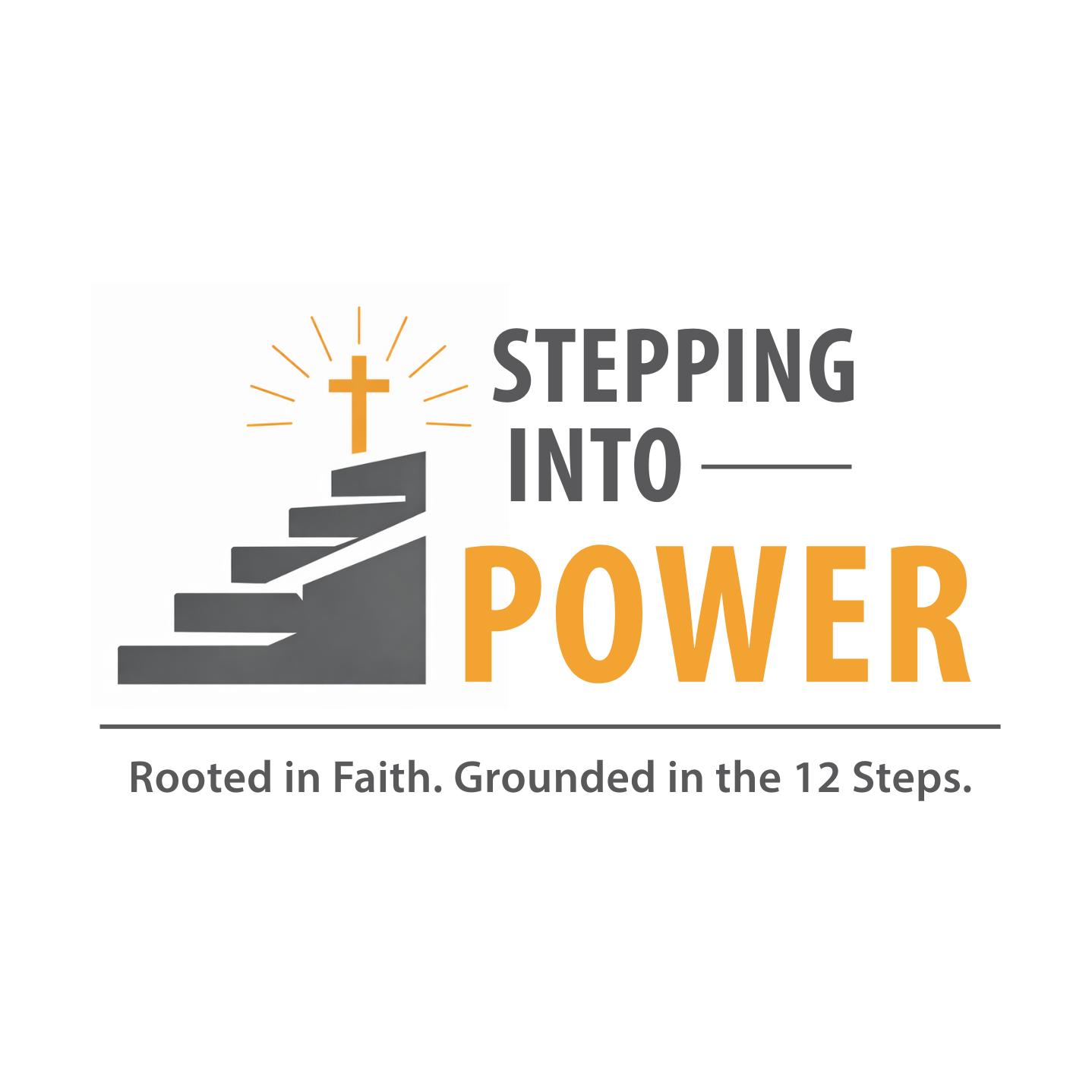A Story You Might Not Know—but Should
One day, Jesus told a story about a successful farmer. After a great harvest, the man looked at his overflowing barns and thought, “I’ve made it. I’ll tear down these barns and build bigger ones to store it all. Then I can relax, eat, drink, and enjoy life.”
But that very night, God spoke to him:
“This very night your life will be demanded from you. Then who will get what you have prepared for yourself?” — Luke 12:20
The man wasn’t called a fool for being successful—he was called a fool for forgetting who gave him the blessing in the first place. He planned for everything… except his soul.
The Parable That Hits Closer Than We Think
At first, it’s easy to think, “This story doesn’t apply to me—I’m not rich.” But if you’ve ever taken a mission trip or seen poverty firsthand, you realize that to most of the world, even an average American looks rich.
Still, Jesus wasn’t just warning about money. He was exposing something deeper: the danger of self-reliance—a trap that anyone, especially those in recovery, can fall into.
The Voice Inside Our Head
In this story, the farmer’s biggest problem isn’t greed—it’s isolation. He only talks to himself. No prayer. No gratitude. No counsel.
“What shall I do? I’ll tear down my barns and build bigger ones.”
That’s how the spiral starts. We all know that voice—the one that tells us we’ve got it handled, that we don’t need help, that our way makes the most sense.
But recovery teaches us something radically different: community beats ego every time. The 12 Steps remind us to surrender, to trust God, and to lean on others. A sponsor, pastor, counselor, or recovery group can help us quiet the lies that pride whispers.
When Self-Talk Becomes Self-Deception
The rich man thought his success was self-made. He never recognized that God sent the sunshine, the rain, and the growth.
We fall into the same pattern when we believe we’ve earned what was actually grace. When we stop including God in our decisions, pride takes the wheel. We hoard instead of help. We plan without prayer. We build bigger barns instead of building bigger faith.
In recovery, that might look like trying to manage everything alone or living as if we no longer need spiritual maintenance. It’s a form of relapse—quiet, subtle, and rooted in self.
Shifting from Self to Surrender
Imagine if the man had stopped to ask, “God, what would You have me do with this blessing?” Maybe he would have heard, “Be generous. Be grateful. Use what I’ve given you to bless others.”
That’s emotional sobriety—learning to let God’s voice override our own. When we bring others into our process, we stay grounded in truth and humility. Satan loves when we isolate, but God transforms us through connection and surrender.
A Recovery Reflection
None of us are promised tomorrow. We can plan, save, and work hard—but our real treasure is in how we love and serve today.
You don’t have to be rich to be a rich fool. All it takes is forgetting where your blessings come from—and who they’re meant to serve.
Reflection Questions
- What areas of your life do you try to control instead of surrendering to God?
- Who do you turn to when your self-talk starts to spiral?
- How can you practice gratitude for God’s provision today?
- In what ways might you be “building bigger barns” instead of building deeper faith?
Closing Thought
Take a lesson from The Parable of the Rich Fool. Don’t let your inner voice drown out God’s guidance. When we replace self-reliance with surrender, and pride with gratitude, we experience a life that’s not just sober—but spiritually powerful, purposeful, and free.
Further Reading
- Transform the Mind to Transform the Life: Learn more about how transforming your thoughts can lead to lasting recovery.
- An Attitude of Gratitude: Discover how gratitude shifts our focus from self-reliance to surrender.
- Embracing Post-Traumatic Growth: Explore how post-traumatic growth can help you move beyond survival into true spiritual transformation.
Explore Related Posts:
(Categories: Audience, Theme and Step Association)
STEPPING INTO POWER SERIES
A Christ-centered walk through the 12 Steps—explored one step at a time.
The 12 Steps aren’t about shame. They’re about freedom.
Stepping Into Power is a faith-based 12-step recovery series that explores one step each month through short videos, guided reflection, and resources rooted in recovery wisdom and spiritual truth.
Available Video Content:

